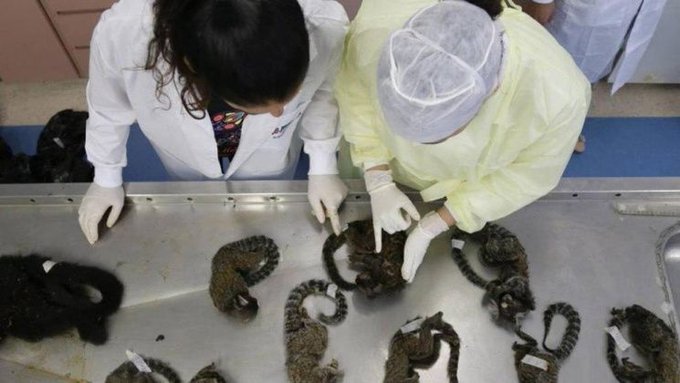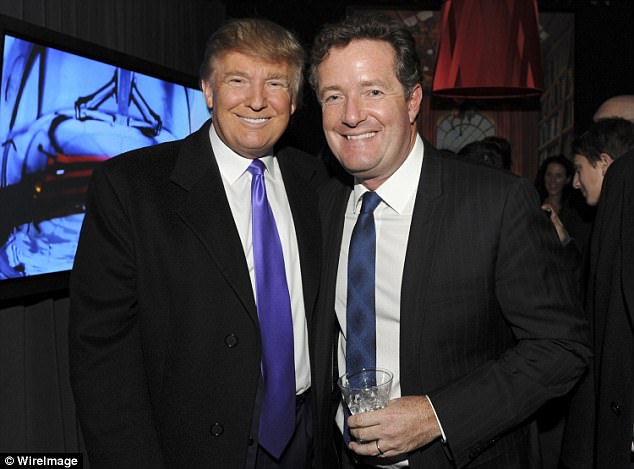Several of Sweden’s leading media organisations have pledged to collaborate on editorial matters ahead of the national election later this year, in order to combat so-called ‘fake news’ and misinformation.
The collaboration project includes newspapers Dagens Nyheter and Svenska Dagbladet, along with public television broadcaster SVT and radio broadcaster Sveriges Radio, Swedish media monitor Medievärlden reports.
Svenska Dagbladet editorial director Maria Rimpi said the editors of the various organisations were inspired by similar projects in other European countries.
“There are several successful examples of editors who collaborated on fact-finding in different parts of Europe. As a result, the people in the steering group, who have great faith in each other, began to discuss whether we can do something similar in Sweden,” Rimpi said.
“We have seen how false statements and apparent news have been widely spread and influenced elections in other countries. To go into the depths of an assertion, and, for example, trace sources of origin, are very resource-intensive. Through this collaboration, more voters can access correct information,” she added.
The project is being funded by the editors themselves, along with money from the Swedish government in the form of a grant from Swedish state fund for research and development Vinnova.
Vinnova announced they had set aside 13.5 million krona (£1.2 million) in October to give to various major mainstream media organisations to fund a number of projects to fight ‘fake news’ online.
Swedish media organisations have also taken an interest in fighting “fake news” on a European level as well. Earlier this month it was announced that Hanna Stjärne, CEO of Sveriges Television (SVT), would be joining the European Union Commission Group on Disinformation.
During the French presidential election last year many in the mainstream media complained about ‘fake news’ influencing the election, and then-candidate Emmanuel Macron even banned several Russian outlets from covering his campaign, accusing them of peddling ‘fake news’.
In the United Kingdom, many claimed that “the Russians” had influenced the Brexit vote using social media platforms, although it was later revealed that Russian organisations had spent a grand total of 73 pence on Facebook ads.























